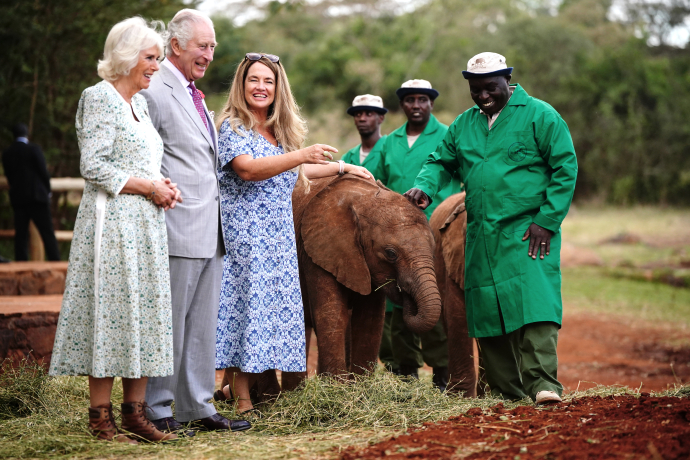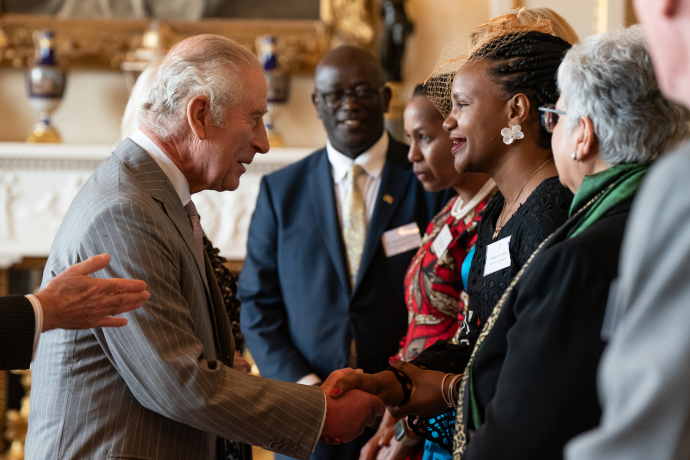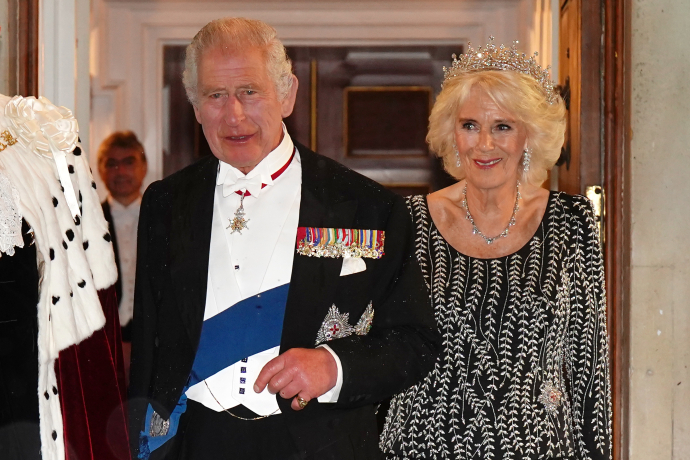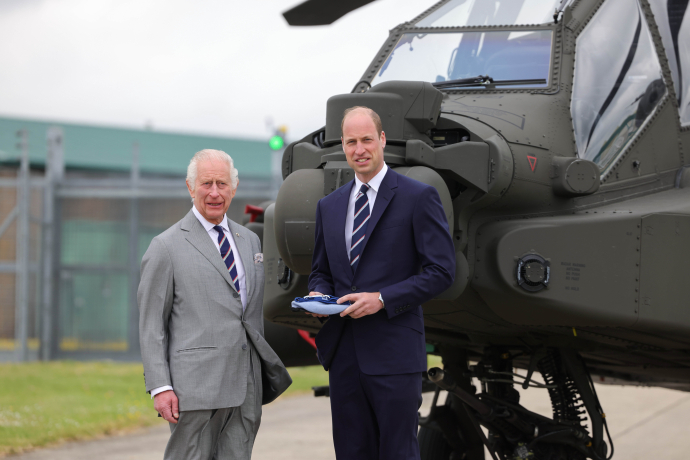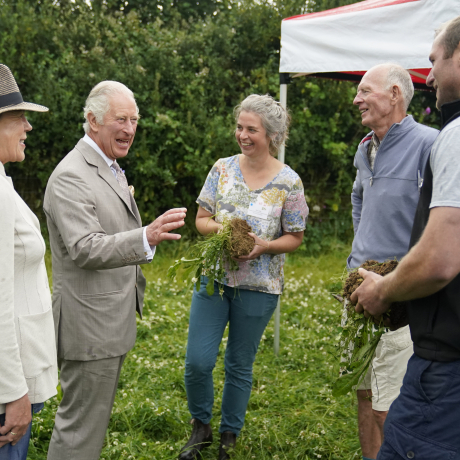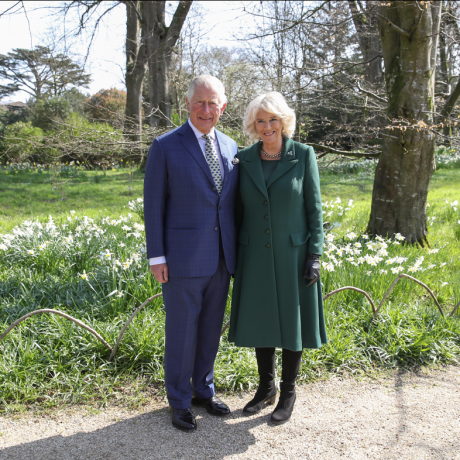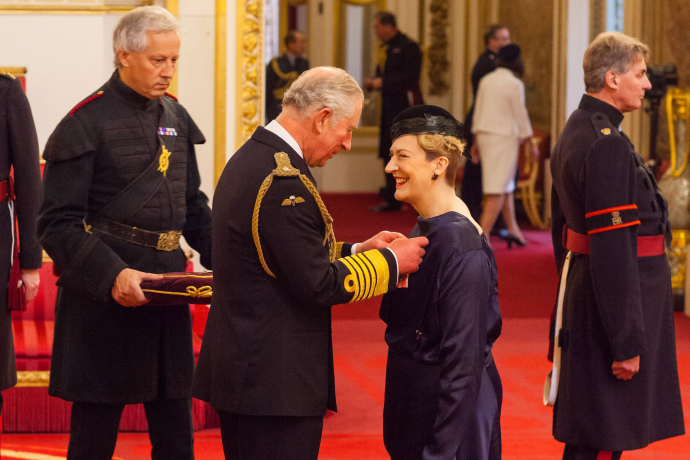An article by HRH The Prince of Wales titled 'Bowel Cancer: A Cancer No one Wants to Talk About', The Daily Mail
Published
Most of us, if we think about it, know someone who has had bowel cancer or died from it. Through my work with Macmillan Cancer Relief and Marie Curie Cancer Care, I have met countless people afflicted with bowel cancer.
Tomorrow I will be launching Loud Tie Day - a day at the beginning of November when all of us, men, women and children, will be encouraged to put on our brightest, boldest neckwear to raise awareness of the second biggest cancer killer in this country. Yet it is a cancer which is very rarely talked about.
Most of us, if we think about it, know someone who has had bowel cancer or died from it. Through my work with Macmillan Cancer Relief and Marie Curie Cancer Care, I have met countless people afflicted with bowel cancer.
This year, well over 30,000 people will be diagnosed with the disease and a significant portion - about 18,500 people - will die.
Yet bowel cancer is one of the most curable, most preventable cancers, if caught early enough.
We could - and should - be saving several thousands of lives a year, many of them younger people with families, with jobs, with untold contributions to make to the communities in which they live. Of course, most people who get cancer are older and bowel cancer is no exception. The average age for developing the disease is the 60s and 70s. But thousands of younger people get bowel cancer every year, too.
Survival rates for victims of bowel cancer in Britain - just 40 per cent - have not improved as fast as in other developed countries. In fact, we have one of the worst survival rates in Europe, and as a nation we spend less than most European countries on treating the disease. Comparisons with the United States are even worse - there 60 per cent of sufferers survive.
One of the problems, I'm sure, is that the British are just not good at talking about health problems in the more private parts of their bodies. But we need to recognise that our 'polite' nature, while often admirable, is probably a significant factor in the poor awareness of the symptoms of bowel cancer - which is much easier to detect that most other cancers.
So, if we don't learn to talk about our bowels, don't get to know about the symptoms of this common cancer, people will - I am certain - continue to die unnecessarily.
Bowel cancer is one of the biggest killers of the Western world and, although we do not know exactly what causes it, we do know that altering some of the ways we live could save many lives. Lack of exercise and being overweight are thought to be contributory factors.
Eating large amounts of red meat and processed foods may also increase your risk.
Fruit and vegetables, especially green, leafy vegetables, are thought to be protective - as is drinking lots of water.
There is a major role for complementary medicine in bowel cancer - as a support to more conventional approaches - in helping to prevent it through lifestyle changes, helping to boost our immune systems and in helping sufferers to come to terms with, and maintain, a sense of control over their own lives and wellbeing.
My own Foundation For Integrated Medicine is, for example, involved in finding ways to integrate the best of complementary and alternative medicine.
Loud Tie Day was conceived by the former BBC Watchdog presenter Lynn Faulds Wood, to raise awareness of this common cancer. Lynn was diagnosed with advanced bowel cancer, out of the blue, nine years ago and now runs the national charity, Beating Bowel Cancer.
She gave up making TV programmes four years ago to concentrate on helping to save lives from the disease. To date, she has helped to develop the first research based guide to the symptoms of bowel cancer in the world, and this new symptoms advice has been officially adopted by the Department of Health.
I urge you to get to know these symptoms and to act on them if you think you might have a problem.
Now the charity is helping to improve the quality and speed of diagnosis in this country, by finding funding for diagnostic training centres of excellence for doctors and local clinics. wo of the country's leading specialists have even given up their work part-time to help the charity on these initiatives.
So this is why I agreed to launch Loud Tie Day, to give everyone advance warning of this splendid opportunity to wear a colourful tie and, in so doing, promote valuable discussion about bowel cancer and its symptoms.
The launch involves the longest, loudest tie ever seen in this country - 14 storeys high and 40ft wide - dropped in seconds down one of the tallest landmark buildings in the capital, the London Television Centre on the South Bank.
The tie, bright red and covered in 6ft-high figures, each representing 1,000 people who will develop bowel cancer this year, was painted by artists, people with bowel cancer and their friends.
I hope you will join with me in raising awareness of bowel cancer - and get to know its symptoms.
You might even wear a loud tie on November 3 - and tell everybody why you are doing so.
Related content
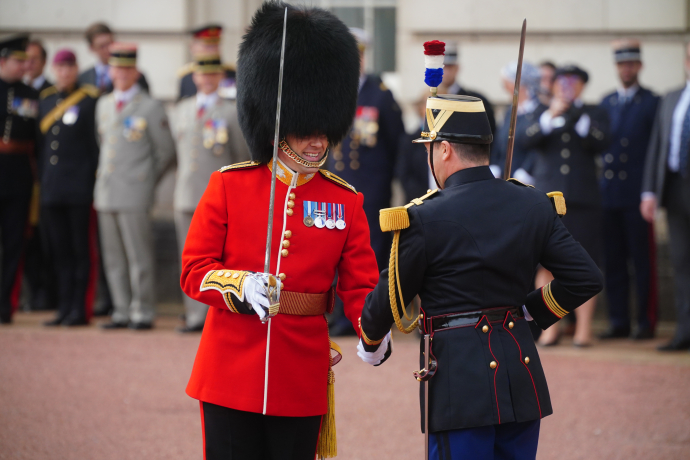
The King's support of the Arts
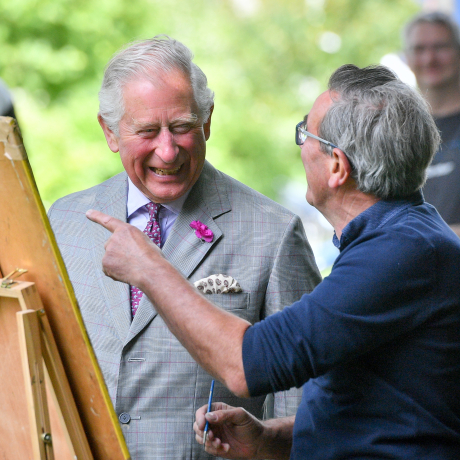
A message from The King on the 75th Anniversary on the Founding of N.A.T.O.
Message from The King for the 2024 Royal Maundy Service
It is my special prayer today that Our Lord’s example of serving one another might continue to inspire us and to strengthen all our communities.
Message from The King to mark the 70th anniversary of the end of the Korean War
It is our duty to remember what was once called “the Forgotten War”.
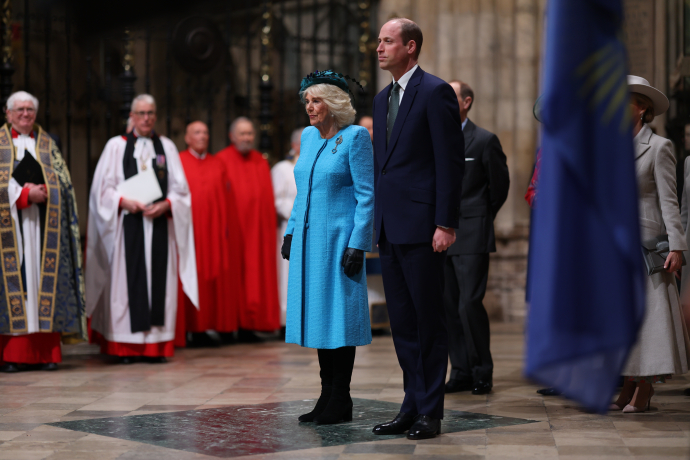
The King's Commonwealth Day Message 2024
The Commonwealth family is strongest when we are connected, through friendship.
A message of condolence from The King to the President of Tanzania following the passing of former Tanzanian President, Ali Hassan Mwinyi
My thoughts and prayers are with former President Mwinyi’s family and the Tanzanian people at this time.
Charities and Patronages
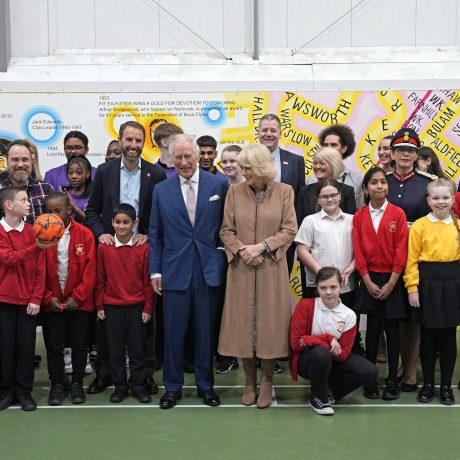
The King's message marking two years of conflict in Ukraine
My heart goes out to all those affected, as I remember them in my thoughts and prayers.
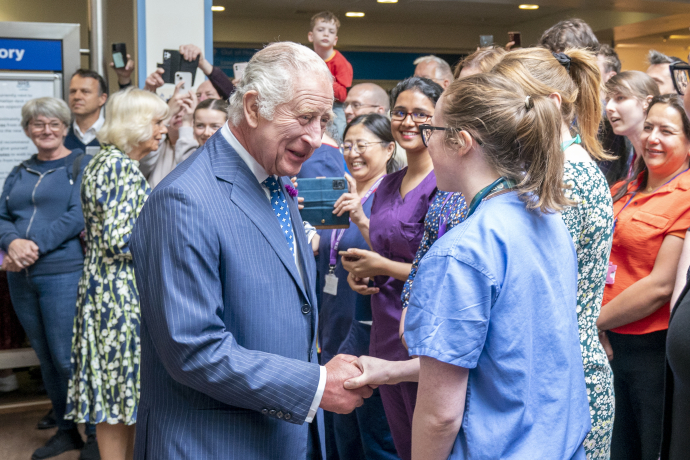
A message from His Majesty The King to Grenada marking their 50th year of Independence
On the occasion of the fiftieth Anniversary of the Independence of Grenada, it gives me great pleasure to send you all my congratulations and warmest good wishes.
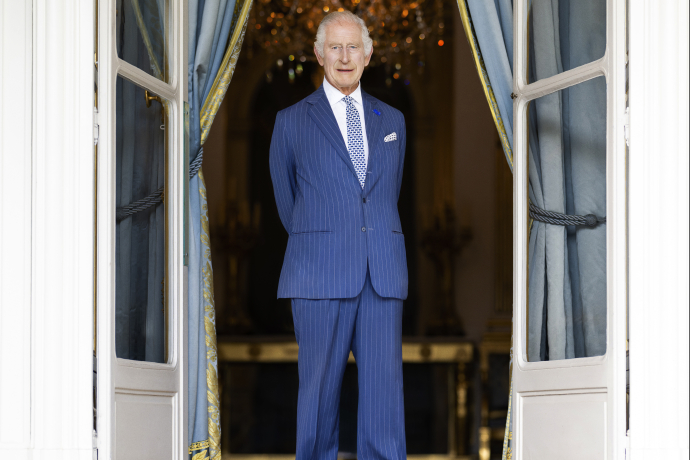
A message from His Majesty The King for the launch of Big Help Out 2024
I have long believed that one of the greatest strengths of our nation is our ability to come together and help each other through times of hardship. Throughout my life, I have...
A message from His Majesty The King to Their Majesties King Frederik X and Queen Mary of Denmark
I look forward to working with you on ensuring that the enduring bond between our countries, and our families, remains strong, and to working together with you on issues which...
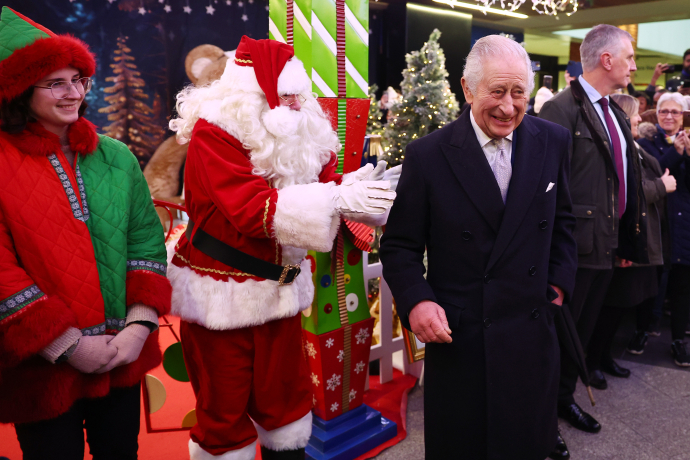
The King and Faith
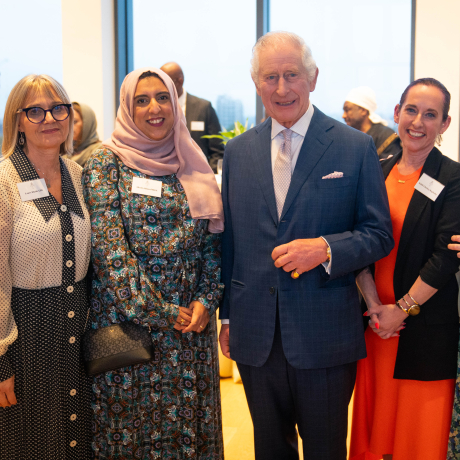
A speech by His Majesty The King at the opening of COP28, Dubai, U.A.E
Change will come by working together and making it easier to embrace decisions that will sustain our world, rather than carry on as though there are no limits – or as though...
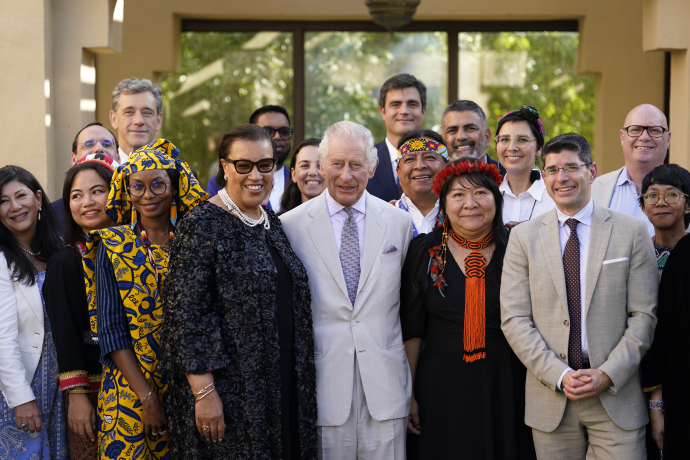
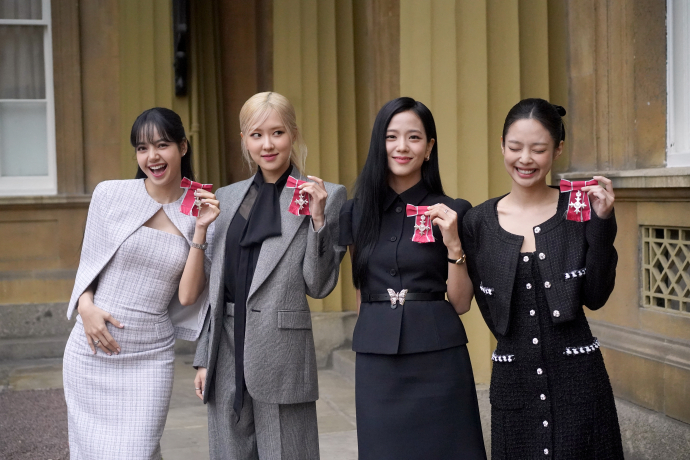
The King's speech at the State Banquet for the Republic of Korea
As our nations strive towards a harmony between progress and preservation, between the past and the present, we can look to the future with great confidence as our peoples...
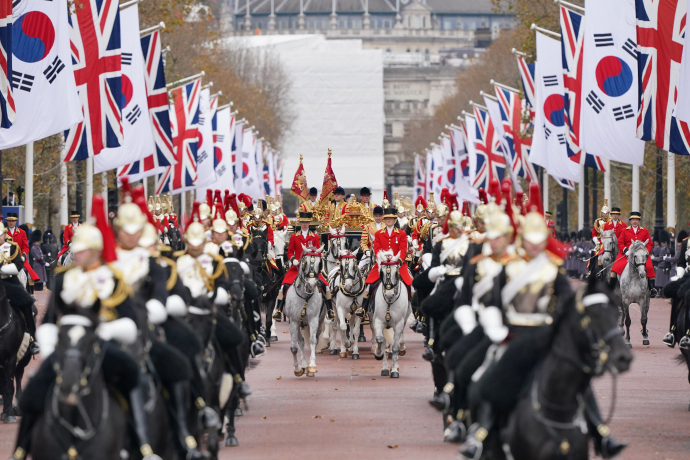
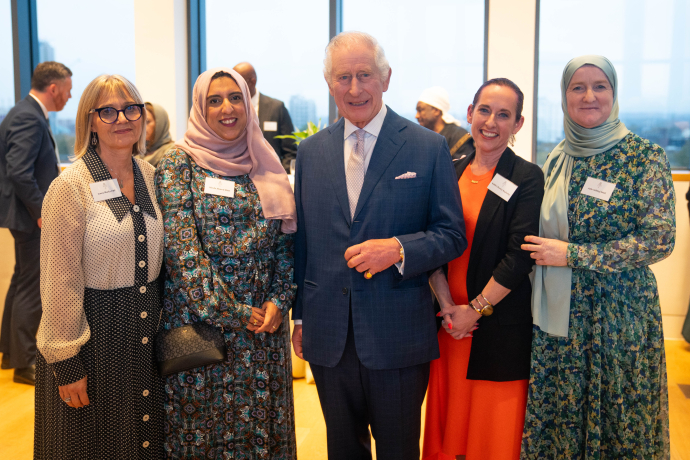
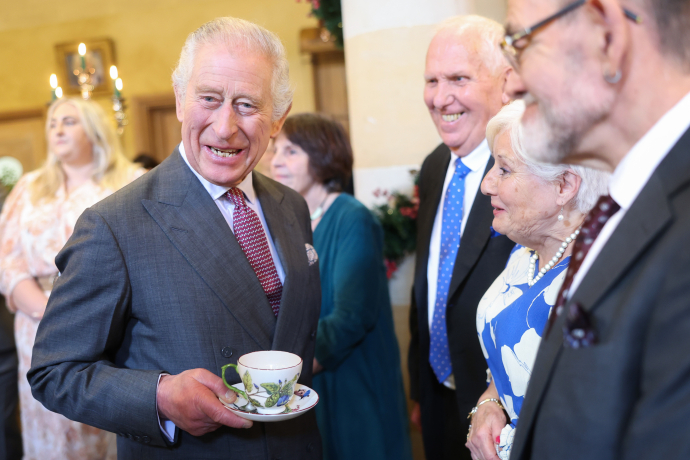
The Coronation Food Project
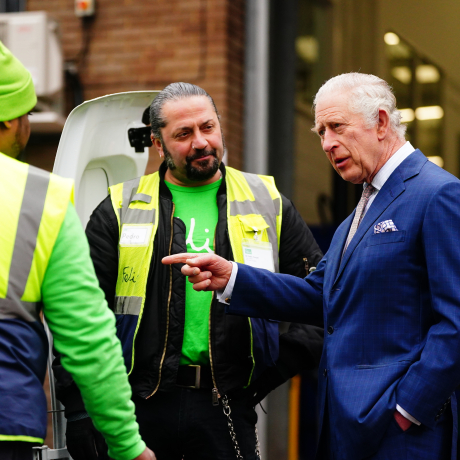
Charities founded by His Majesty The King as The Prince of Wales
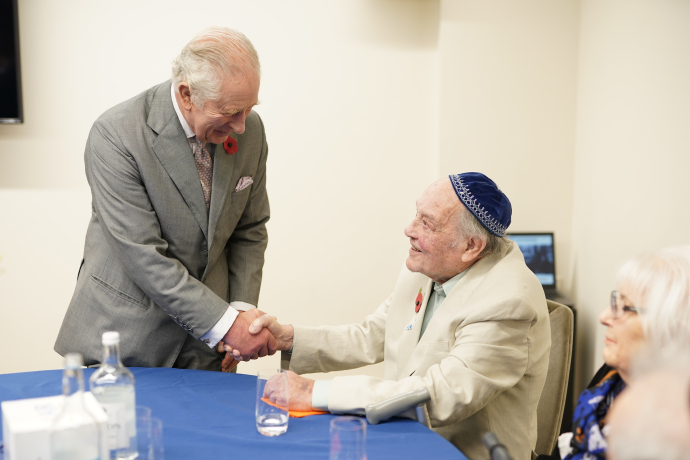
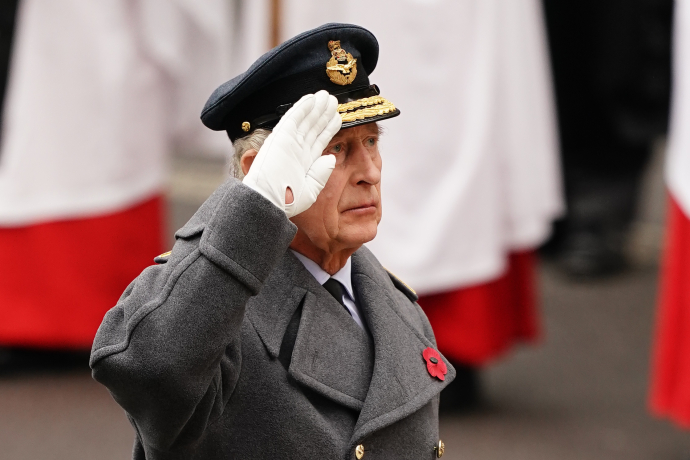
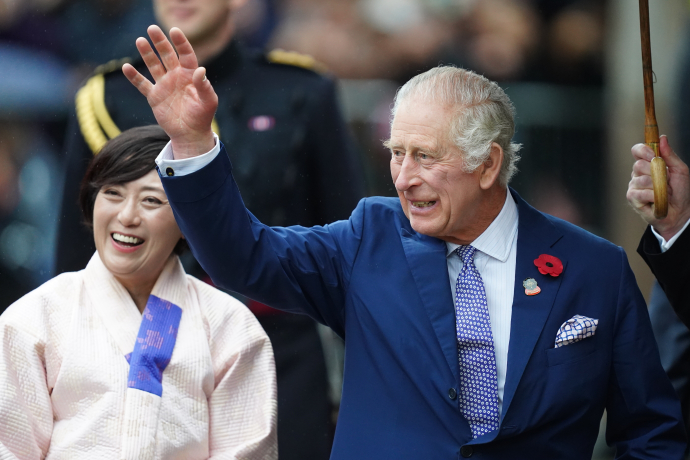
Further information about the State Visit of the President of the Republic of Korea
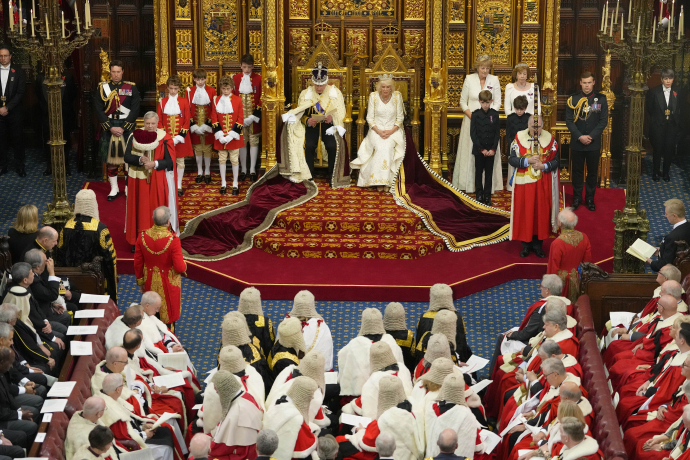
Remarks by His Majesty The King at the United Nations Office Nairobi, Kenya
As we look ahead to COP twenty-eight in another months time, we must remember what President Ruto said at the Africa Climate Summit – “we go far when we go together”.
A Speech by His Majesty The King at the State Banquet, Kenya
We both take considerable pride in renewing the ties between the United Kingdom and Kenya, a country that has long held such special meaning for my family.
